Successione testamentaria
aggiornamento: March 27, 2020
Last updated on 27 March 2020 by the Italian Ministry of Justice
TESTATE SUCCESSION
The deed with which one disposes of one's property after one's death is called a will.
Depending on the subject matter, testamentary dispositions are divided into:
- establishment of the heir - to whom the testator leaves his entire estate or a portion of it without specifying the assets bequeathed;
- bequest, by which the testator disposes of one or more specifically identified assets.
How can the will be drafted?
Different types of testament can be distinguished. The main ones are listed below
Public notarial testament
Pursuant to Article 603 of the Italian Civil Code, this is the testament received by a notary in the presence of two witnesses.
It is an authentic instrument, which means that according to Article 2700 of the Italian Civil Code, it is valid as proof until action is brought to contest its origin by the public official who drafted it, and the notary attests to what have been said or done in his presence.
Holographic will
Pursuant to Article 603 of the Italian Civil Code, this testament is entirely written, dated, and signed by his the testament wholly written, dated, and hand signed by the testator.
The validity of the holographic will depends on three requirements: holography (it has to be written by the testator), date, and undersigning.
Secret will
Pursuant to Article 604 of the Italian Civil Code, this is a deed drawn up by the testator and delivered to the notary who seals it in a closed envelope.
The testator must deliver the deed to the notary in the presence of two witnesses while declaring the papers contain his testament; if he is mute or deaf-mute he must write this declaration in the presence of two witnesses and declare in writing that he has read the testament if it has been written by other people.
LIMITS TO TESTAMENTARY FREEDOM
The freedom to dispose of one's own property by will is not absolute. Some limits are given below:
Prohibition of succession pacts
This applies to all pacts and agreements, or even to unilateral deeds that refer to property under a still unopened succession. They are all prohibited by Article 458 of the Italian Code Civil, with the exception of the family pact (link to separate sheet - family pact).
For example:
- Renouncement pacts: when an individual agrees to renounce the inheritance from someone who is still alive;
- disposition pacts: when an individual gives up or promises to give up to a third party property that ought to be left to him as the deceased's heir;
- confirmation pacts: in which an individual agrees to leave his own inheritance to another.
Joint or reciprocal testament
The law also prohibits:
- joint wills: when two or more persons dictate their wills together in a single document;
- reciprocal wills: when two or more persons dispose of their assets in favour of the other in the same deed.
Instead, wills are valid by which two or more people, in separate deeds, dispose of their assets in favour of the other.
FORCED HEIR SUCCESSION
The testator may validly dispose of the entirety of his estate; however, pursuant to Article 536 et seq. of the Italian Civil Code certain individuals are entitled to a minimal proportion of the estate - the so-called reserved share.
The part of the estate not included in the reserves share is called the disposable part; the testator can freely dispose of this part.
Who is entitled to the reserved share?
The spouse or civil union partner, the children and their descendants and - in the absence of children - the parents. These individuals are termed forced heirs.
The reserved share due to each of these categories varies depending on how they share the estate - one or more children, spouse and children, etc.
What happens if the testator has not respected the reserved share?
A testament that does not respect the reserved share remains valid and effective - until it is contested by the forced heirs.
The action brought by the forced heirs deprived of their reserved share is termed an action in abatement.
This legal suit is brought against the beneficiaries of testamentary dispositions depriving them of their rights, which must be reduced proportionally. Should the reduction of the testamentary dispositions be insufficient to respect the forced heirs' rights (the shares due to the forced heirs), even the testator's inter vivos gifts may be reduced.
INTESTATE SUCCESSION
Intestate succession: when the deceased has not left (valid) dispositions for his death.
Intestate succession is governed by Article 565 et seq. of the Italian Civil Code.
The individuals who inherit under statute are
- the spouse or civil partner;
- the children;
- the parents;
- brothers and sisters;
- relatives up to the sixth degree.
The shares in the estate depend on which of the above parties are actually present. The presence of children excludes both the parents and siblings and more distant relatives.
A testament may exist that disposes of only a part of the estate: in which case the remaining part is governed by the rules for intestate succession together with those for testamentary succession.
If none of the relatives is alive and no will exists, the estate is donated to the State
Special cases
Spouse
In every case, the spouse is entitled to live in the marital home and to have the use of its furniture, whether they are the deceased's or the couple's property.
A separated spouse, who is not responsible for the separation, has the same rights of succession as a non-separated spouse.
Common-law partner
A common-law partner has a particular position: he is entitled to continue to live in the common home for two years, or for a period equal to the time the couple lived together if greater than two but not for more than five years; in the case that the surviving partner's under-age or disabled children also live in the house the common-law partner is entitled to live in the house not less than three years.
THE PHASES OF THE SUCCESSION
Three phases can be distinguished.
- The opening of the succession
Article 456 of the Italian Civil Code establishes that the succession is opened at the time of death in the place of the deceased's last place of residence.
This rule also determines the jurisdiction for determining the various cases that may be related to the deceased's succession - which is the Court of the locality of the deceased's last residence.
- The phase of determining the successor to the estate
This is the phase in which it is necessary to identify to whom the estate is due and in what proportions.
In fact, the heir only becomes such on accepting the inheritance, until then he is termed the chiamato (putative heir or successor).
The successor is the person who, on opening the succession, expects to inherit, or who is indicated as heir in the testament or who is the deceased's closest relative.
- Acceptance or renunciation of the inheritance
With the acceptance the successor becomes the heir by accepting the inheritance.
The acceptance is not obligatory; in fact, the successor may choose to renounce the inheritance, when, for example, the inheritance primarily consists of debts.
Unclaimed inheritance
Through appointing an administrator of the unclaimed inheritance, it is possible, when the successor still had not accepted the inheritance and did not possess the assets concerned, to ensure the protection and administration of the deceased's estate. The appointment is made by the Court of the district of the deceased's last residence - either by application by the persons concerned or of its own motion. A lawyer's assistance is optional.
The administrator is responsible for keeping and administering the estate and must take the inventory, make the declaration of succession, exercise and promote the estate's rights, respond to the applications made against the same, and give an account of his own administration.
For further information
Court of Milan
►Help us improve►Contact Assistance Services |
 |



